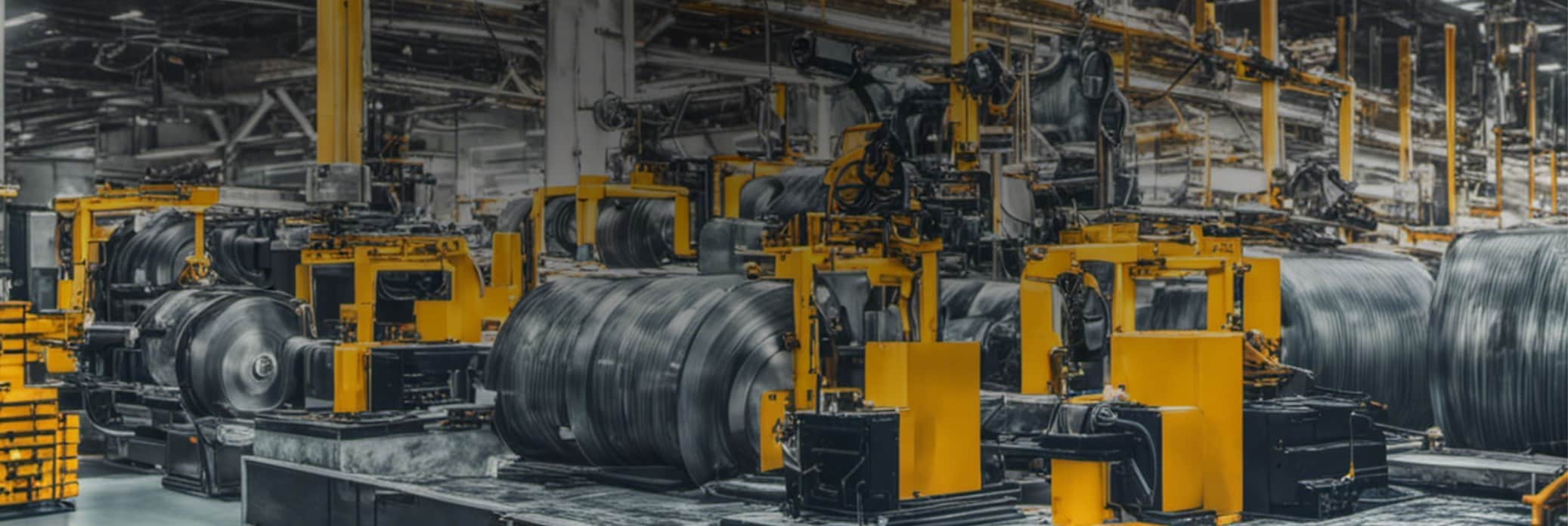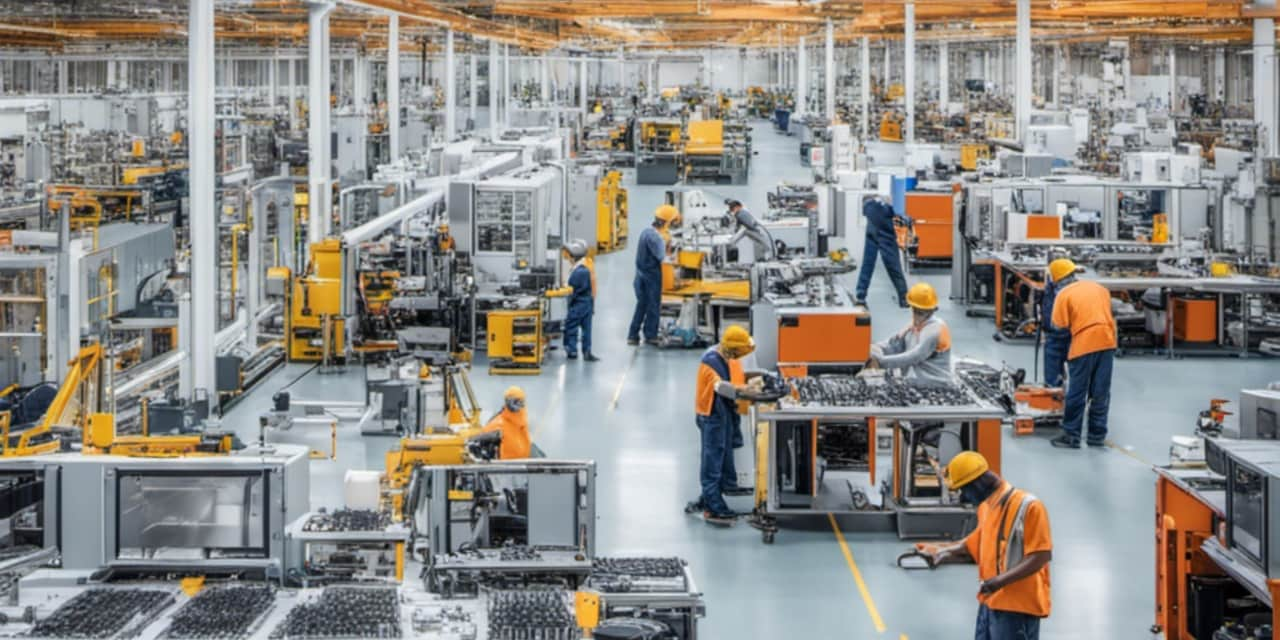The importance of a composable strategy | TRIMM

Imagine a manufacturing company: TechMakers. It produces high-quality electronic components and is known as a leader in their sector. A sudden global shortage of a crucial raw material hit the market one day. TechMakers found itself struggling. Adapting to this abrupt change meant weeks of downtime, costly system overhauls, and delayed deliveries. Their reputation took a hit. Could this have been prevented with a different strategy?
The key to survive
Companies need to adapt quickly to changes in today's rapidly evolving markets. The ability to recompose and reorganize without massive disruption is vital for resilience. Flexibility and adaptability have become more than just nice-to-haves; they're essential for survival.
Coined by Gartner, the term "composable enterprise" describes a modular and flexible approach to business operations and IT. Think of it as a plug-and-play architecture where each component, like pieces of a puzzle, can be effortlessly configured and reconfigured. But why is this approach crucial for manufacturing companies? Let's dive in.
Composable architecture
At its core, the concept of "composable" for companies refers to the ability to break down processes, systems, and functions into smaller, modular components. Each of these components can be independently created, utilized, and replaced, without causing disruptions to the whole system. This is similar to how Lego blocks can be assembled and reassembled in various configurations. In a manufacturing context, composability means that companies can design their operations such that individual processes or systems – be it supply chain management, production, quality assurance, IT applications, or data analytics – can be swiftly altered, scaled, or integrated with new technologies. Essentially, it's about building a manufacturing ecosystem that's both resilient and flexible, ready to meet the ever-changing demands of the market while minimizing disruption and maximizing efficiency.

Rapid Adaptation to Market Changes
Now more than ever, the manufacturing sector faces constant shifts in demand, material availability, supply chain dynamics, and regulatory standards. Manufacturing tends to be seen as a rigid process, however, some companies manage to be responsive to change. A composable strategy allows manufacturing businesses to swiftly adjust their digital platforms in response to these changes. Instead of spending months overhauling systems, components can be added or removed seamlessly, ensuring businesses remain agile.
Scalability as Demand Grows
The ability to scale operations in line with demand is a cornerstone of manufacturing. Traditional IT systems are sometimes more difficult to scale and change than the production processes themselves. Manufacturers can scale specific parts of their IT infrastructure with a composable architecture without overhauling the entire system. Whether it's ramping up production during peak seasons or introducing new product lines, a composable system can flex in tandem with business needs.
Enhanced Innovation and Experimentation
Manufacturing companies often grapple with the challenge of integrating cutting-edge technologies, from IoT devices to AI-driven analytics. A composable approach lets manufacturers experiment with these new tools by simply plugging them into the existing architecture. If a particular tool doesn't offer the desired results, it can be replaced without affecting other system components.
Cost-Efficiency and ROI
Rebuilding or significantly modifying traditional software platforms can be a costly affair. In a composable enterprise, the modular nature reduces the need for large-scale system replacements. Manufacturers can invest in specific components that offer the best ROI, ensuring resources are used most effectively.
Streamlined Supply Chain and Operations
Modern manufacturing relies heavily on integrated supply chains and operations. The composable model ensures that various systems - from inventory management to vendor communication - can be effortlessly interconnected. This enhances efficiency and ensures a seamless flow of data across the enterprise. Whether it is to optimize manufacturing processes, optimize information for customers, or create a digital thread for maintenance purposes.
Future-Proofing the Enterprise
The only certainty in the tech world is change. By adopting a composable approach, manufacturing companies are effectively future-proofing their operations. As new technologies emerge, they can be integrated into the enterprise without the need for disruptive overhauls.
As the manufacturing sector enters a new era of digital transformation, the composable enterprise model offers a roadmap to agility, innovation, and sustainable growth. By embracing this modular, plug-and-play approach, manufacturers can ensure they're keeping pace with industry evolution and leading the charge into the future.
Ready to harness the power of composable architecture for your business?
.jpg)